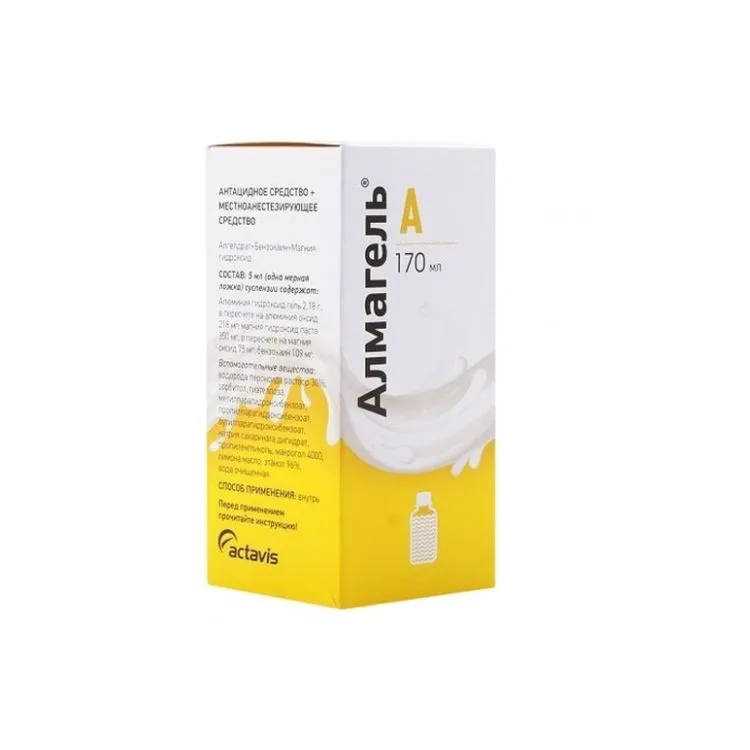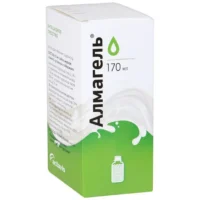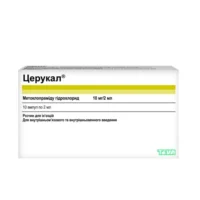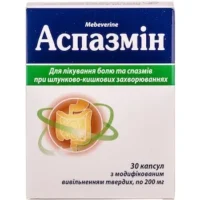Description
Almagel A (Aluminum Hydroxide) Suspension 170 ml
Composition
Active Ingredient: Aluminum Hydroxide.
Mechanism of Action
Pharmacological Properties: Aluminum hydroxide acts as an antacid by neutralizing stomach acid, providing relief from symptoms of acidity. It also acts as a phosphate binder in certain conditions.
Indications for Use
Almagel A suspension is indicated for the relief of symptoms associated with increased gastric acidity, heartburn, acid indigestion, and sour stomach.
Contraindications
Do not use Almagel A if you have a history of hypersensitivity to any of the ingredients. Consult a healthcare professional before use if you have kidney problems.
Side Effects
Common side effects may include constipation or diarrhea. If you experience any severe side effects, contact your healthcare provider immediately.
Usage Instructions
Adult Dosage: Take 5-10 ml of Almagel A suspension 4 times a day, 1 hour after meals and at bedtime. Do not exceed the recommended dose.
Benefits Compared to Analogues
Almagel A offers effective relief from symptoms of increased gastric acidity with a proven safety profile and minimal side effects compared to other antacids.
Suitable Patient Groups
Almagel A is suitable for use in adults. Consult a healthcare provider for appropriate dosing in special populations such as children, pregnant women, or the elderly.
Storage and Shelf Life
Store Almagel A suspension at room temperature away from moisture and heat. Check the expiration date on the packaging and do not use the product if expired.
Packaging Description
Almagel A suspension is available in a 170 ml bottle for oral administration. The packaging is designed to ensure product stability and safety.
Clinical Evidence and Proven Effectiveness
Clinical Studies: Aluminum hydroxide, the active ingredient in Almagel A, has been studied for its efficacy in managing symptoms of heartburn and acid indigestion. Research published in the Journal of Gastroenterology and Hepatology supports the effectiveness of aluminum hydroxide-containing antacids in managing gastroesophageal reflux disease (GERD) with minimal side effects.





